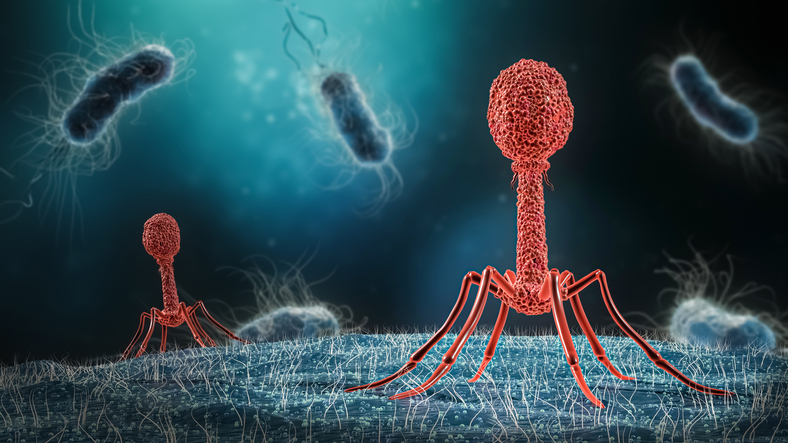Maintaining a healthy gut is an important strategy in animal production because it can reflect positively in the productivity of the birds and the profitability of the industry. The main role of the intestine for “nutrient absorption” and “waste excretion” has significantly evolved, with recent findings highlighting its crucial impact on immunity, metabolism, and overall performance in livestock animals.
The concept of “gut health” is not clearly defined by the scientific community, but generally it is considered the balance of physiological, microbiological, and physical functions – which allows the intestine to be in a homeostasis status. It should have a diverse, balanced, and functional community of beneficial and pathogenic microorganisms (microbiome), a robust intestinal barrier for physical and chemical protection and an effective immune system that acts locally and systemically.
Intestinal barrier integrity
The intestine has the longest interface with the external environment being constantly vulnerable to infections. When birds are infected, for example by enteric pathogens, the intestinal barrier integrity and microbiome can be disturbed, resulting in dysbiosis, and the immune system is triggered, being energetically expensive for the host.
This dysbiotic event results in inflammatory response and nutrients malabsorption, that was already associated to reduced performance of affected poultry, decreased farm profitability, and impairment of birds’ welfare. Even subclinical levels of a pathogen, such as Salmonella spp., can disrupt intestinal health and decline productivity.
Since the ban on the use of antimicrobials to promote chickens’ growth and prevent infections in Europe, United States and other countries, there has been an increase in poultry enteric illnesses (Kogut, 2019) due to dysbiosis. Some additives are used to support the gut health and the immune system of the host, for instance probiotics, prebiotics, organic acids, enzymes and now, bacteriophage brings hope as a new alternative.
Bacteriophages
Bacteriophages, or phages, are beneficial viruses, naturally found in several environments. They are an important part of the global microbiome protecting animals and humans from the overgrowth of certain bacterial populations. In the animal production industry, phages can be employed to prevent or reduce the presence of specific bacteria, including Salmonella spp. and Avian Pathogenic E. coli (APEC).
Two types of phages are crucial in this context: lytic and lysogenic. The lysogenic is a dormant virus, embedded in the bacterial cell and able to live-off of the bacteria without destroying it – this one is not suitable for animal production. The lytic phage is virulent and will infect the target bacteria, force it to multiply their DNA until it causes the lysis of the cell. As per the destruction of the pathogen, it will result in the reduction of bacteria counts.
With over 18 years of experience in the field, Proteon Pharmaceuticals leads the way in bacteriophage research. Leveraging omics technologies, molecular biology, bioinformatics, and artificial intelligence (AI), Proteon creates effective, reliable, and safe solutions across the animal health industry. They are pioneers in developing stable phage-based products tailored to different animal species.
Innovative feed additives
Proteon Pharmaceuticals has developed innovative phage cocktails, and two of them: Bafasal+G and Bafacol, are designed specifically for broilers, breeders, and layers.
Bafasal+G is an innovative feed additive containing six lytic strains against S. Gallinarum, Enteritidis and Typhimurium, while having no negative impact on the gut microbiome. By directly impacting Salmonella bacteria, Bafasal+G helps creating space for beneficial bacteria to proliferate, hence improving gut health, bird performance and preventing high mortality.
Bafacol is an innovative feed additive consisting of a cocktail of 5 lytic bacteriophages targeting APEC, which support the prevention of high mortality and productivity losses with no negative impact on the microbiome, hence improves growth, productivity, and performance.
Proteon Pharmaceuticals is committed to improving animal health what results in livestock productivity and contributing to environmental sustainability goals by offering exceptional feed additives that enhance the gut health of farm animals.
Author: Amanda Cobucci, Techno-Commercial Manager LatAm at Proteon Pharmaceuticals



